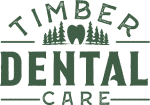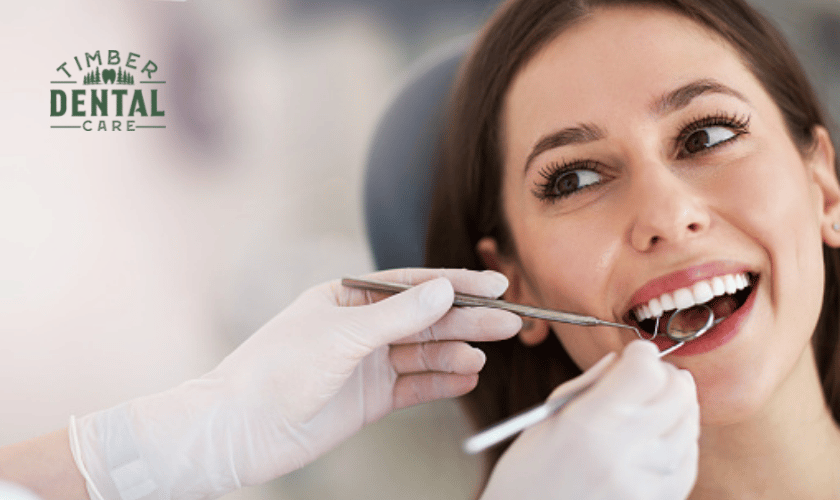
In the realm of dental health, misinformation often spreads like wildfire. From old wives’ tales to internet rumors, separating fact from fiction can be challenging. However, understanding the truth behind common dental health myths is crucial for maintaining optimal oral hygiene. In this comprehensive guide, we’ll debunk some of the most prevalent dental myths and shed light on the realities of oral care.
Myth #1: Brushing Harder Means Cleaner Teeth
One of the most widespread misconceptions about dental health is the belief that brushing harder equates to cleaner teeth. However, this couldn’t be further from the truth. Aggressive brushing can actually damage tooth enamel and irritate the gums, leading to sensitivity and increased risk of gum recession.
The reality is that gentle, circular motions with a soft-bristled toothbrush are the most effective way to remove plaque and debris from the teeth and gums. Additionally, using fluoride toothpaste and brushing for at least two minutes twice a day is crucial for maintaining optimal oral health.
Myth #2: Sugar Is the Sole Culprit of Tooth Decay
While it’s true that sugar plays a significant role in the development of tooth decay, it’s not the only factor to consider. The frequency and duration of sugar exposure also play a crucial role in dental health.
When we consume sugary foods and beverages, the bacteria in our mouths feed on the sugar and produce acid, which can erode tooth enamel and lead to cavities. However, it’s not just the amount of sugar consumed that matters; the frequency of consumption also affects oral health. Snacking on sugary foods throughout the day exposes teeth to prolonged acid attacks, increasing the risk of decay.
To minimize the risk of tooth decay, it’s essential to limit sugary snacks and beverages, brush and floss regularly, and maintain a balanced diet rich in fruits, vegetables, and dairy products.
Myth #3: Flossing Isn’t Necessary If You Brush Thoroughly
Some people believe that brushing alone is sufficient for maintaining good oral hygiene and that flossing is optional. However, this couldn’t be further from the truth. While brushing is essential for removing plaque and debris from the surfaces of the teeth, it doesn’t reach the tight spaces between the teeth and along the gumline.
Flossing is the most effective way to clean these hard-to-reach areas and prevent plaque buildup and gum disease. Incorporating daily flossing into your oral hygiene routine is crucial for maintaining healthy gums and preventing tooth decay and gum disease.
Myth #4: Baby Teeth Aren’t Important
Some parents believe that baby teeth, also known as primary teeth, aren’t essential since they eventually fall out to make way for permanent teeth. However, baby teeth play a crucial role in a child’s overall development and oral health.
Baby teeth help children chew food properly, speak clearly, and maintain proper alignment for the permanent teeth. Premature loss of baby teeth due to decay or injury can lead to issues with speech development, poor nutrition, and misalignment of permanent teeth.
It’s essential to start practicing good oral hygiene habits from a young age and schedule regular dental check-ups for children to ensure that their baby teeth remain healthy until they naturally fall out.
Myth #5: You Don’t Need to See a Dentist If Your Teeth Look Fine
Many people believe that they only need to see a dentist if they’re experiencing dental pain or notice visible signs of oral health problems. However, regular dental check-ups are essential for maintaining optimal oral health and preventing dental issues before they escalate.
During a dental check-up, your Thornton dentist will examine your teeth, gums, and mouth for signs of decay, gum disease, oral cancer, and other oral health issues. Early detection and treatment of dental problems can prevent them from progressing and causing more significant issues down the road.
In addition to professional cleanings and exams, your dentist can provide valuable advice and guidance on proper oral hygiene practices, diet, and lifestyle habits that can contribute to better oral health.
Daily Rituals for Healthy Smiles: Tips for Oral Care Success
Dispelling common dental health myths is crucial for promoting better oral hygiene practices and preventing dental issues. By understanding the truth behind these myths and adopting evidence-based oral care habits, you can maintain optimal dental health and enjoy a lifetime of healthy smiles.
Remember, brushing gently with a soft-bristled toothbrush, limiting sugary snacks and beverages, flossing daily, and scheduling regular dental check-ups are key components of a healthy oral hygiene routine. Don’t fall for dental myths—embrace the truth and prioritize your dental health for a lifetime of happy smiles.



